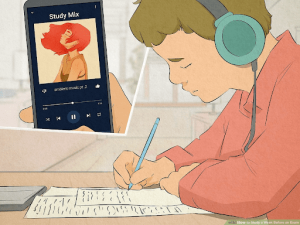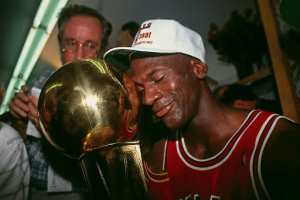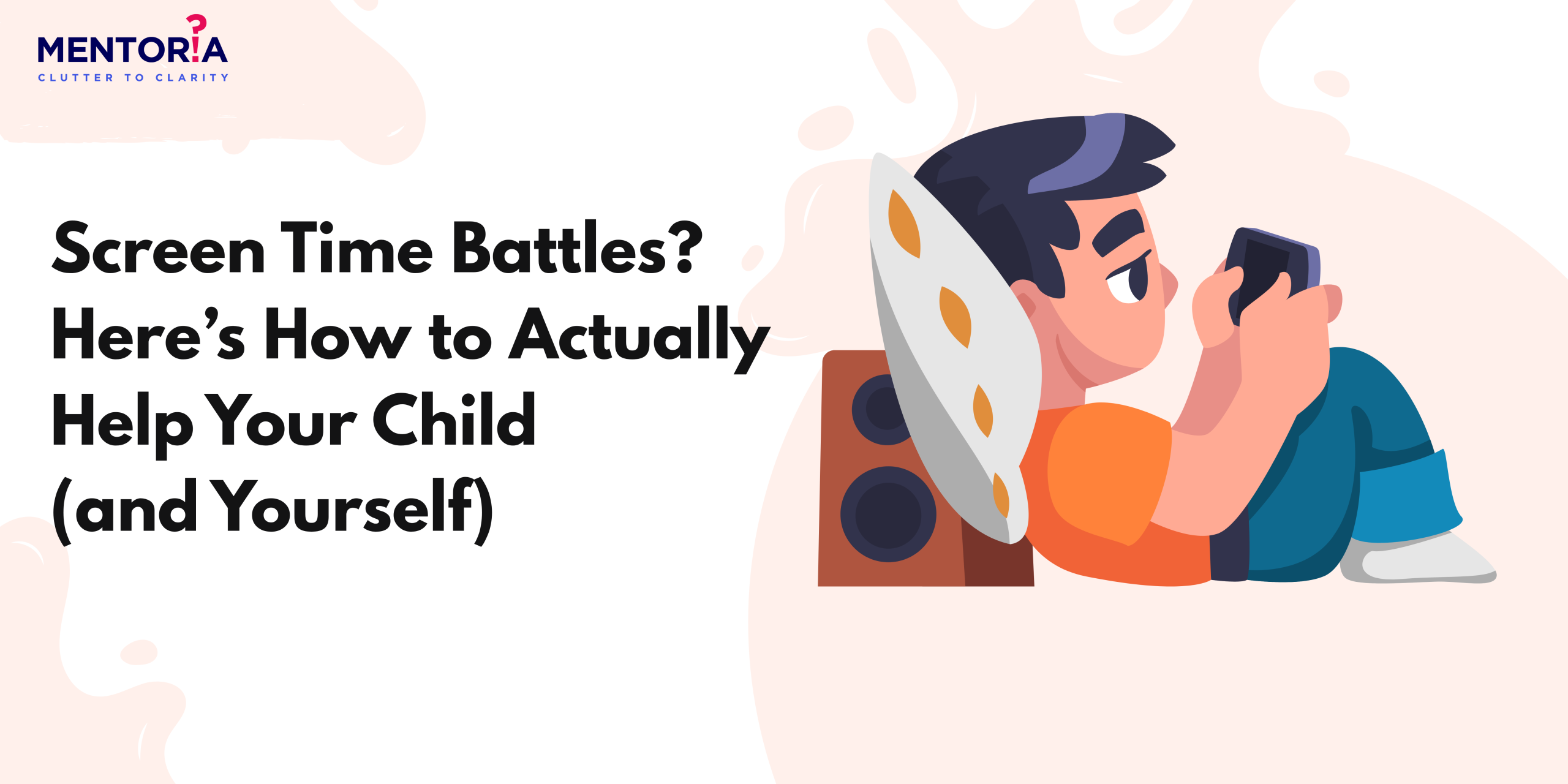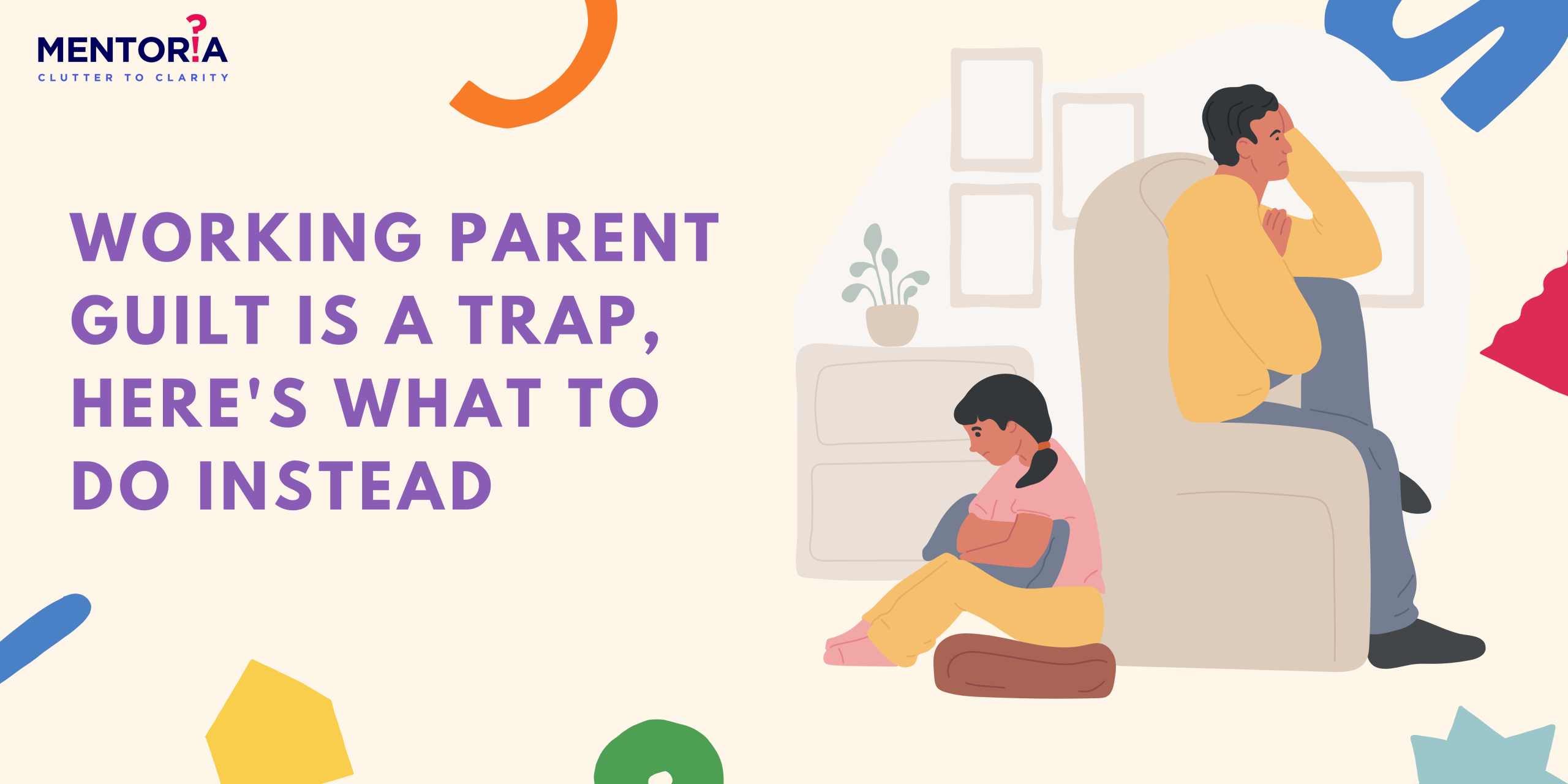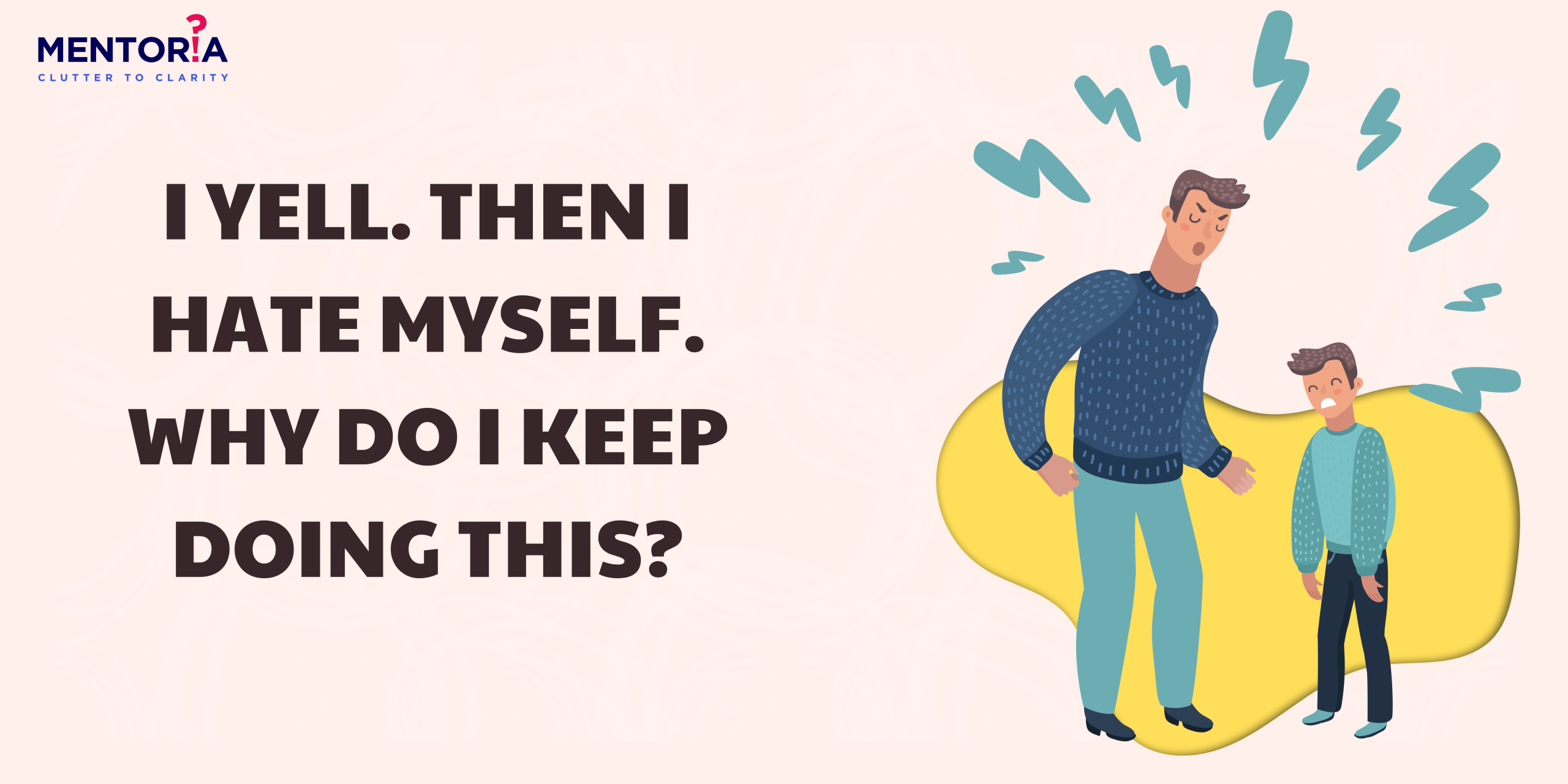Didn’t Ace Your Final Exams? Here’s How to Cope with Failure

Hey there, friend. It’s not easy to come to terms with the fact that you didn’t do as well on your exams as you hoped. It’s understandable to feel frustrated, disappointed, and even a little lost. But, don’t worry, we’re here to support you through this.
We want to help you see that exam failure is not the end of the world. In fact, it’s an opportunity to learn and grow. So, let’s take a deep breath and explore some creative ways to cope with your exam failure. From journaling to self-care activities, we’ll guide you through some exercises to help you process your emotions and come out stronger on the other side.
Remember, you’re not alone in this. We’re here for you every step of the way.
So How To Deal With This Mountain Of Failure?
We know you couldn’t ace your final exam but whatever your reason was, we have some solutions for you!
When we experience failure, it’s easy to fall into a pattern of self-criticism and negative self-talk. However, this approach is unlikely to help us move forward and may even make us feel worse. That’s where self-compassion comes in.
Self-compassion is the practice of treating ourselves with the same kindness, concern and understanding that we would offer to a good friend. It involves acknowledging our pain and struggles, while also recognizing our common humanity and inherent worth. Research has shown that self-compassion has many benefits, including:
- improved emotional well-being and resilience
- greater motivation to learn and grow
- increased ability to handle stress and adversity
- reduced symptoms of anxiety and depression.
So, how can we practise self-compassion in the face of exam failure? Here are some examples of self-compassionate responses:
- Instead of berating ourselves for not studying enough or being “dumb,” we can acknowledge that exams are challenging and that everyone makes mistakes sometimes. We can remind ourselves that our worth is not determined by our grades or test scores.
- Instead of isolating ourselves and withdrawing from others, we can reach out for support from friends, family, or a counsellor. We can remind ourselves that it’s okay to ask for help and that we don’t have to go through this alone.
- Write a letter to yourself as if you were a compassionate and wise mentor. What would you say to encourage and support yourself through this difficult time?
- Write down some of the negative thoughts or beliefs you have about yourself in relation to the exam failure. Then, try to reframe those thoughts in a more compassionate and realistic way.
- Take a few moments each day to practise self-compassion meditation. You can find guided meditations online or simply close your eyes and focus on your breath while repeating kind and supportive phrases to yourself, such as “May I be kind to myself at this moment.”
When we experience exam failure, negative self-talk and a negative mindset can make recovery even more challenging. Our thoughts can become self-critical and our self-esteem can take a hit. However, adopting a more positive and growth-oriented mindset can make a huge difference in both exam performance and recovery. Here are some tips to help you reframe negative thoughts into more positive and helpful ones:
- Gratitude: Focus on what you are grateful for in your life, rather than dwelling on the negative. Take time each day to write down three things you are grateful for, no matter how small they may seem.
- Growth mindset: Embrace a growth mindset, which means believing that you can learn and grow from your failures. Reframe negative self-talk into more positive and productive thoughts, such as “I may not have aced this exam, but I can learn from my mistakes and improve next time.”
- Humour: Laughter can be a great way to diffuse negative emotions and reframe our thinking. Try finding humour in your situation, such as making a joke about your mistakes or finding a humorous meme to share with friends.
By adopting a more positive mindset and reframing negative thoughts, we can improve our exam performance and recovery.
Dealing with exam failure can be tough on our emotional well-being, but creative expression can be a powerful tool for processing our feelings and reducing stress. Engaging in creative activities such as writing, drawing, painting, or music can help us process our emotions in a safe and non-judgmental way. The benefits of creative expression are numerous and include:
Here are some suggestions for creative activities to help you cope with exam failure:
- Writing: Writing can be a powerful way to process our thoughts and feelings about exam failure. Try journaling about your experience, writing a letter to yourself about what you’ve learned, or even writing a fictional story with a character who is going through a similar struggle.
- Drawing or painting: Art can be a great way to express emotions that are difficult to put into words. Even if you don’t consider yourself an artist, try drawing or painting something related to your exam failures, such as a symbolic representation of your feelings or a humorous cartoon about the experience. Who knows, maybe it helps!
- Music: Listening to or playing music can be a great way to shift our mood and reduce stress. If you play an instrument, try writing a song or playing a piece of music that reflects your emotions. If you don’t play an instrument, try creating a playlist of songs that make you feel empowered and motivated.
Apart from this, joining a creative community can be a great way to connect with others who share your interests and find support. Look for local art or writing groups, or join online communities like Reddit’s Writing Prompts or DeviantArt. So go ahead, try something new, and see what creative outlet speaks to you!
When we experience exam failure, it’s easy to neglect our own well-being and get caught up in self-criticism and negative emotions. However, taking care of ourselves is essential to managing exam failure and its aftermath. Here are some fun and creative self-care activities that can help boost mood and well-being:
- Exercise: Getting your body moving can be a great way to release stress and boost mood. Try a fun exercise class, go for a hike, or dance it out to your favourite music.
- Mindfulness: Practising mindfulness can help us stay present and calm, even in the face of exam failure. Try guided meditation, mindful breathing exercises, or simply take a few minutes to focus on your senses and surroundings.
- Social connection: Spending time with loved ones can be a powerful way to lift our mood and feel supported. Plan a fun outing with friends, call a family member, or join a group that shares your interests.
Spend an entire day doing things that make you feel good. Take a bubble bath, watch a favourite movie, and indulge in your favourite treats. Spending time in nature can be a powerful way to boost mood and reduce stress. Take a walk in a local park, go camping, or plan a fun outdoor adventure. By prioritising our self-care and engaging in fun and creative activities, we can manage exam failure and come out stronger on the other side.
A Little Story Time For You!
Everyone faces setbacks and failures in life, but it’s how we respond to them that determines our ultimate success. Here are some stories for you:
1. Michael Jordan: The basketball legend is often cited as an example of someone who turned failure into success. He was cut from his high school basketball team, but used that setback as motivation to work harder and eventually become a superstar. His famous quote, “I’ve missed more than 9,000 shots in my career. I’ve lost almost 300 games. Twenty-six times, I’ve been trusted to take the game-winning shot and miss. I’ve failed over and over and over again in my life. And that is why I succeed,” is a great reminder that failure is a natural part of the journey to success.
2. J.K. Rowling: The author of the Harry Potter series faced numerous rejections before finally getting published. She has spoken openly about her struggles with depression and poverty, but also about how these experiences shaped her writing and her outlook on life. Her story is a testament to the power of perseverance and creativity.
3. Thomas Edison: The inventor of the light bulb famously failed over 1,000 times before he finally succeeded. When asked about his failures, he reportedly said, “I have not failed. I’ve just found 10,000 ways that won’t work.” This attitude of perseverance and experimentation is a great lesson for anyone dealing with failure.
Don’t Worry, Be Happy!
Remember, failing finals is not the end of the world! It’s just a small bump in the road of life. Seriously, failing finals can be a great learning experience. It can help you understand your strengths and weaknesses, and push you to work harder next time. So, take a deep breath, put on your favourite music, and get back to studying! Who knows, maybe one day you’ll look back and laugh at the time you thought failing finals was the end of everything. Just keep on truckin’! If you need a little guidance then Mentoria is here for you!
Mentoria promises to handhold you during your career discovery journey – from the time you sign up until you get into a career you love. If you haven’t done it already, register now and begin with the first step – a career assessment that helps you discover yourself and your ideal career!


